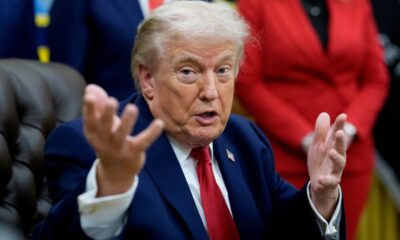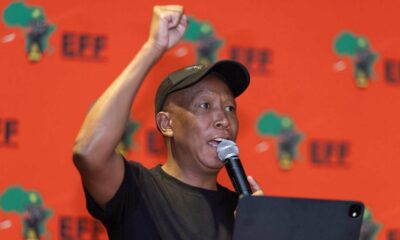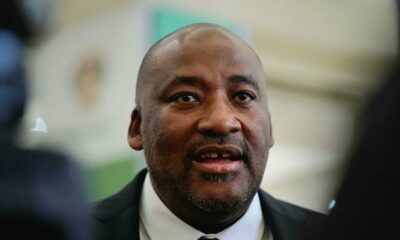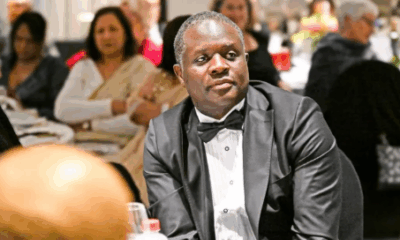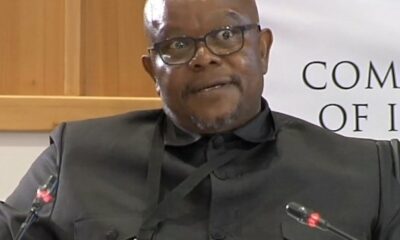News
South Africa’s Washington Woes: What the Trump Meeting, Malema’s Rhetoric, and the 2025 Budget Really Mean
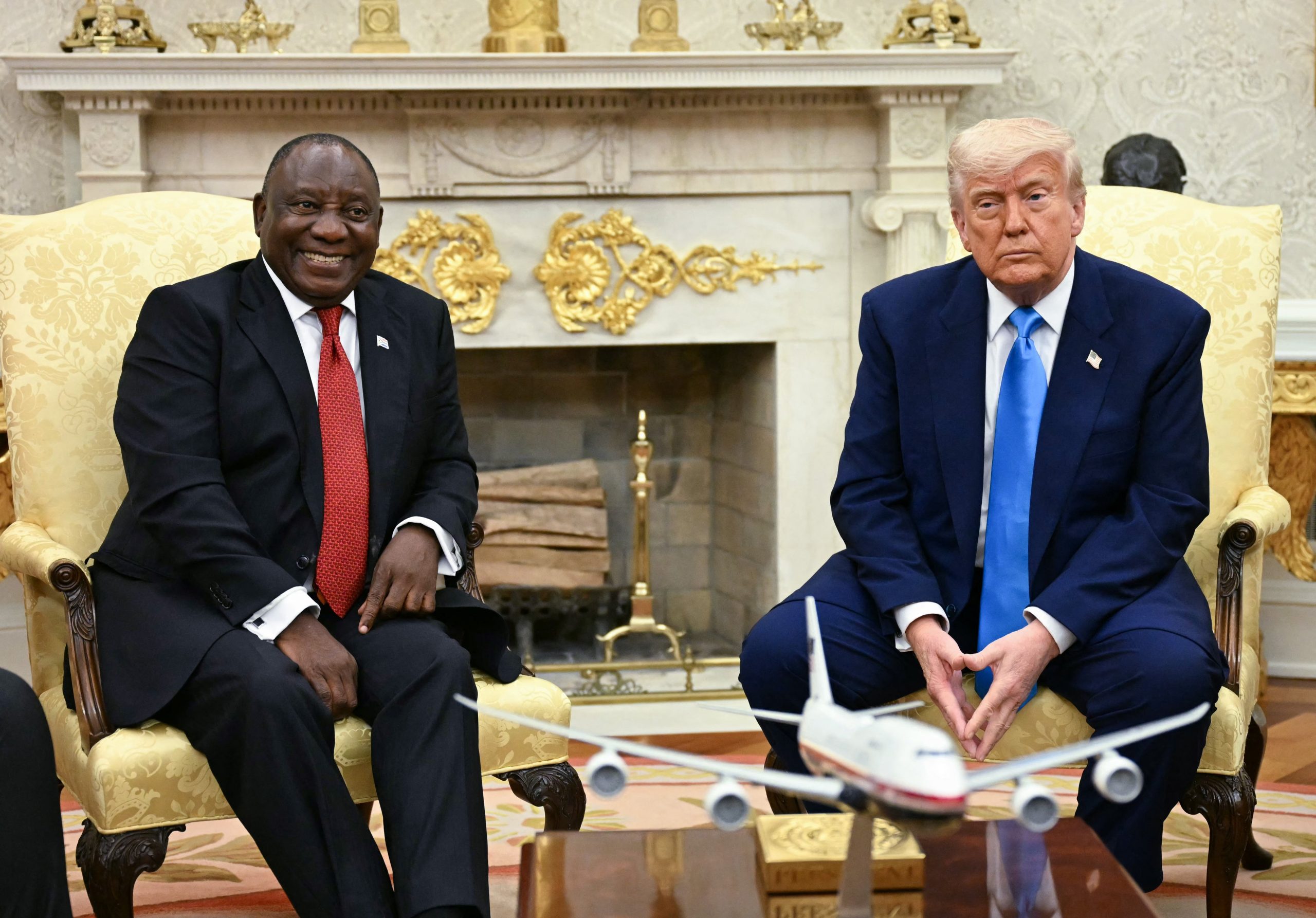
South Africa’s recent diplomatic engagement in Washington, meant to bolster international relations and attract investment, quickly turned into a global embarrassment – and one that may haunt the country for months to come.
A Diplomatic Misstep in Washington
President Cyril Ramaphosa’s meeting with former US President Donald Trump was supposed to be a showcase of South Africa’s commitment to international cooperation and economic reform. Instead, it highlighted uncomfortable truths about the nation’s leadership and policy failures.
Footage from the meeting showed Ramaphosa smiling awkwardly while Trump questioned his inability to address inflammatory rhetoric from EFF leader Julius Malema — specifically Malema’s infamous “Kill the Boer” chant. As clips of the chant played, members of the South African delegation laughed. The optics were damning.
Rather than offering a clear defense or firm condemnation, Ramaphosa and his team appeared unprepared, further eroding investor confidence and public trust. Trump’s visible skepticism suggested a complete loss of faith in Ramaphosa’s appeals for economic partnership.
Read More: “I Was Wrong About Him”: Gayton McKenzie says he was wrong about Johann After White House Visit
EFF and MKP: Populism at the Cost of Progress
The incident reignited long-standing concerns about the destructive role played by the Economic Freedom Fighters (EFF) and the MK Party, led by Jacob Zuma. Their populist, racially charged rhetoric has made headlines before – but this time, it played out on an international stage.
South Africans are increasingly questioning whether these parties serve the national interest. Their provocations may energize certain voter bases, but they do untold damage to the country’s image abroad and its prospects for foreign investment. Calls for unity and condemnation of incitement are growing louder, as more citizens begin to reject divisive politics that bring chaos instead of change.
Where Was the Opposition?
Equally disappointing was the Democratic Alliance’s performance. DA leader John Steenhuisen missed a critical opportunity to highlight the real challenges facing the country – especially rampant rural crime and the policy-driven causes of unemployment. Instead of challenging Ramaphosa’s narrative, Steenhuisen appeared conciliatory, weakening the DA’s stance at a moment when assertiveness was needed.
2025 Budget: A “Make-Do” Approach Amid Fiscal Constraints
Back home, Finance Minister Enoch Godongwana’s 2025 budget paints a picture of a government under pressure. While some measures – such as investments in education, healthcare, and infrastructure – show promise, others fall short of addressing the real economic pain facing ordinary citizens.
The continuation of social grants and funding for early childhood education is welcome. Infrastructure investments could help kick-start job creation. But key oversights, such as scrapping plans to expand the list of zero-rated essential items, will hit the poor hardest.
The introduction of a fuel levy is another blow. With rising transport and food costs, the most vulnerable South Africans are left to bear the burden of policies that may worsen inequality rather than reduce it.
A Crossroads for South Africa
Between diplomatic blunders in Washington, disruptive political figures at home, and a budget that fails to protect the poorest, South Africa is at a critical crossroads. The country urgently needs leadership that values dignity, condemns incitement, and promotes real economic reform.
South Africans must decide whether they want a future shaped by political theatre and populist soundbites – or one guided by responsible governance and sustainable development.
Malema’s Chant Sparks International Tension as US Questions South Africa’s Political Messaging
{Sourced: IOL}
Follow Joburg ETC on Facebook, Twitter , TikTok and Instagram
For more News in Johannesburg, visit joburgetc.com

